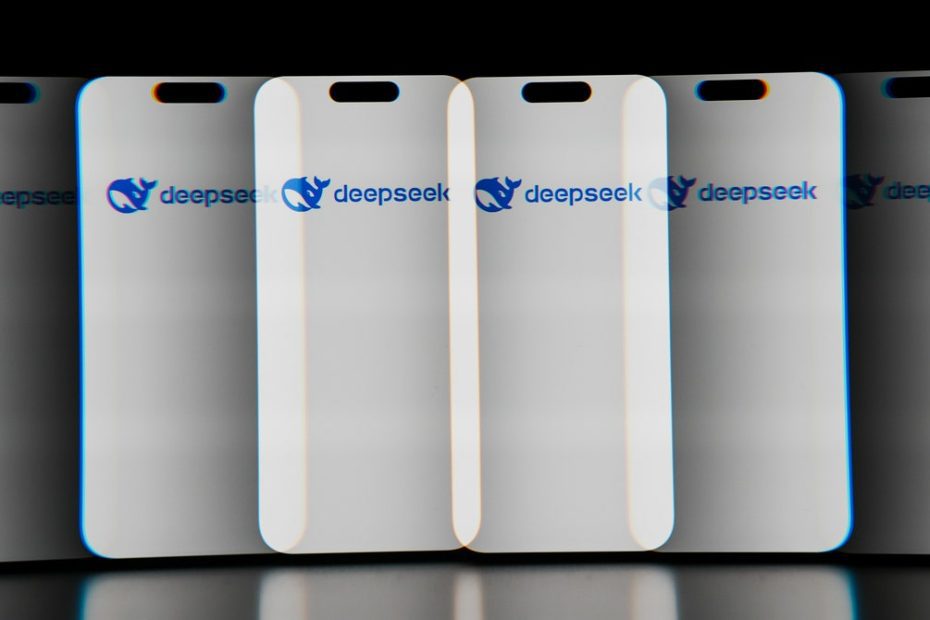The final category of information that retains the right to collect its data from other sources. For example, if you make a Deepseek account using Google or Apple report, it will receive some information from those companies. Advertisers also share information with Deepseek, say the policy, and this can include “mobile identification data for advertisements, surveyed e -mail addresses and telephone numbers and cookie -identification data, which we use to match you and your promotions outside the service.”
How Deepseek uses information
Huge amounts of data can flow from the international user base from Deepseek to China, but the company still has power over how it uses the information. Deepseek's privacy policy says that the company will use data in many typical ways, including the execution of its service, maintaining the general terms and conditions and making improvements.
However, it is crucial that the company's privacy policy suggests that user prompts can use when developing new models. The company will “assess, improve and develop, including by monitoring interactions and use on your devices, analyzing how people use it, and by training and improving our technology,” says policy.
Deepseek's privacy policy also says that the company will also use information to meet ' [its] Legal obligations ” – A general clause that many companies include in their policy. Deepseek's privacy policy says that data is accessible to the 'business group', and it will share information with law enforcement agencies, government agencies and more when necessary.
Although all companies have legal obligations, those established in China have remarkable responsibilities. In the past decade, Chinese officials have adopted a series of cyber security and privacy laws that are intended to enable government officials to demand data from technology companies. One law from 2017 says, for example, that organizations and citizens 'must collaborate with national intelligence efforts'.
These laws, in addition to the growing trade tensions between the US and China and other geopolitical factors, fed the fear of safety. The app could harvest enormous amounts of data and send it back to China, which argued for the tap ban, and the app can also be used to push Chinese propaganda. (Tiktok has denied that we send our user data to the Chinese government.) Meanwhile, various Deepseek users have already pointed out that the platform does not provide answers to questions about the Massacre of Tiananmen Square from 1989, and it answers some questions in ways sound like propaganda.
Willemsen says that, compared to users on a social media platform such as Tiktok, people messages with a generative AI system are more active and the content can feel more personal. In short, any influence can be larger. “Risks of changing subliminal content, control of discussion direction, in active involvement by turning that logic into more concern, no less,” he says, “especially considering how the inner functioning of the model is broadly unknown, his barriers, limits , Checks, censorship rules and intention/personae are largely unleashed and it is already so popular in its infancy.
Olejnik, from King's College London, says that although the ticking ban was a specific situation, American court makers or who could again act on a similar starting point in other countries. “We cannot exclude that 2025 will bring an extension: direct action against AI companies,” says Olejnik. “Of course, collecting data can be re -mentioned as the reason.”
Updated 5:27 pm Est January 27, 2025: Additional details added about the activity of the Deepseek website.

